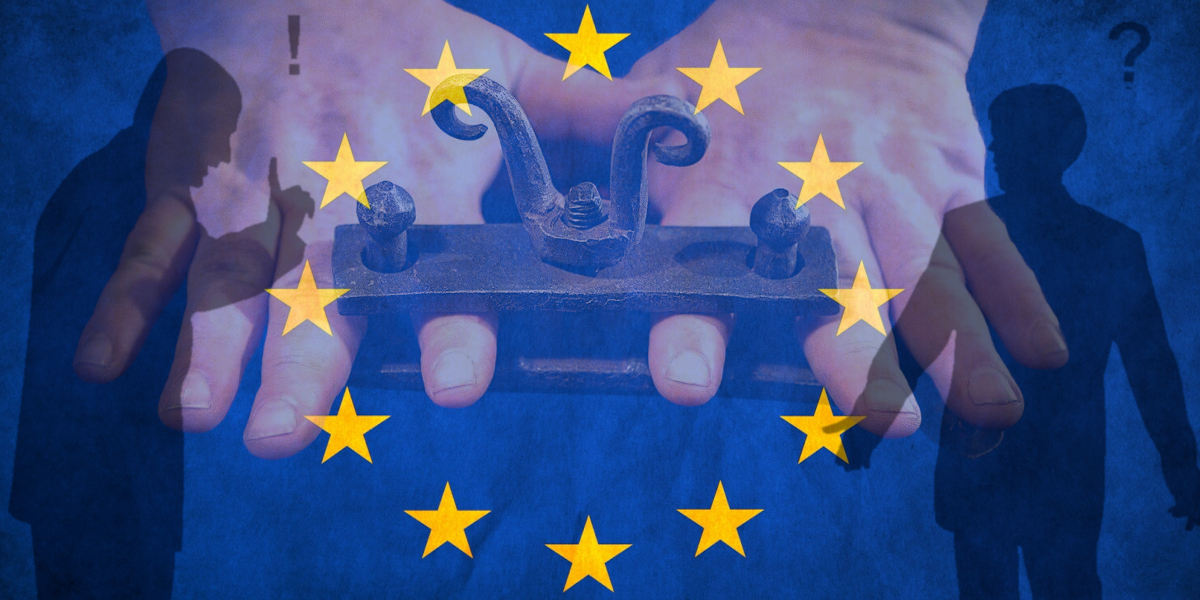
2020 was already shaping up as a transitional year for Europe’s gambling sector before the pandemic hit, with major operators distracted by the need to plant flags in the exploding US sports betting market.
But the year was primarily notable for the tightening screws in European markets either regulated or in the process of regulating, with ‘consumer protection’ the new go-to phrase, although operators ultimately concluded it was they who needed protection from a combination of governments, regulators and the usual media suspects.
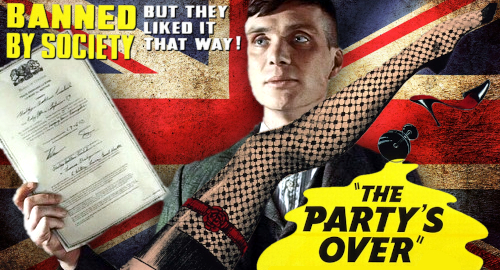
The UK market closed out 2020 with news that the government’s long-promised review of the Gambling Act 2005 was finally underway. That followed numerous consultations between the UK Gambling Commission (UKGC) and its ‘working groups’ on issues such as game design, advertising, bonus offers and VIP programs.
That latter subject featured one of the year’s most unfortunate episodes, as two Playtech B2C brands were found to have plied a 25-year-old high-roller with free-play offers right up until – and for a few hours shortly after – his suicide in 2017.
Public outrage only grew when it was revealed that Playtech withdrew the two brands from the UK to avoid paying the significant financial penalty the UKGC sought to impose. Playtech ultimately buckled under the weight of public shaming and made a £3.5m contribution to responsible gambling charities, but the incident only fueled criticism of the UKGC as a ‘toothless’ body.
The UKGC sought to combat this view by pointing out that it had doled out a record sum in penalties while suspending and revoking a significant number of licenses. The regulator also began a monthly update on online gambling activity, in part to temper the media narrative that Britons were spending every waking hour of their pandemic lockdown playing online slots.
Those online slots will almost certainly see a reduction in stake limits to match the £2-per-spin limit imposed on their land-based counterparts in UK betting shops. ‘Affordability checks’ to ensure customers have the readies to finance their online play also appear a given, a followup to the April ban on funding online gambling accounts with credit cards (or e-wallets).
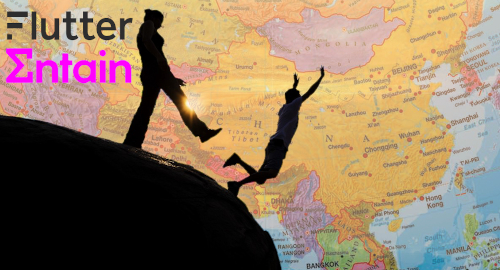
As for the UK’s listed giants, Flutter Entertainment doubled down on its plans for US market dominance by acquiring nearly all the bits of FanDuel that it didn’t already own. But its US ambitions took a hit when Kentucky handed Flutter a $1.3b bill for PokerStars’ legacy transgressions.
Before that, Flutter had attempted to improve Stars’ compliance record by pulling the brand from Chinese-language markets, while GVC Holdings – since rebranded as Entain plc – pledged to exit all grey/black markets by 2023, a strategic shift that followed the abrupt exit of GVC’s longtime CEO Kenny Alexander this summer.
The timing of Alexander’s exit prompted much speculation, coming just days before the UK taxman announced a probe into GVC’s former black-market Turkish operations, the scope of which remains murky. Alexander’s exit also came just days after GVC boosted its investment in its US-facing Roar Digital joint venture with MGM Resorts.
William Hill didn’t make many headlines in 2020, except as a takeover target. That battle was eventually won by Caesars Entertainment, which covets only Hills’ US-facing betting business, with Hills’ European ops likely to go on the block early in 2021.
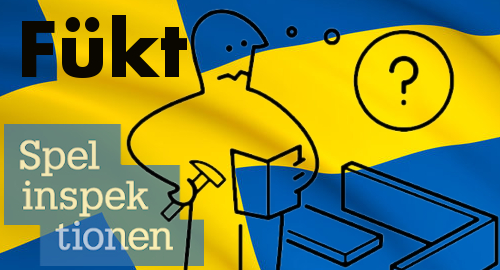
SWEDEN
Sweden’s second year of its regulated online market showed increased friction between operators and their regulator, in part due to unclear guidelines regarding bonus offers and unacceptable sports markets.
The government further clipped operators’ wings by imposing new online casino deposit limits, supposedly a pandemic precaution, despite operators’ claims that the government’s own data didn’t support such a step. Operators’ outrage grew when the government extended these ‘temporary’ limits through the middle of 2021.
Operators, whose sales had already fallen under tightened restrictions, warned that the limits would only encourage Swedes to seek out internationally licensed sites. This view was supported by surveys which found the average Swede already had difficulty identifying which sites held local licenses and weren’t sure what – if any – benefits were to be had by choosing a locally licensed option.
Interestingly, similar findings came from surveys in markets as disparate as Portugal and the United States, suggesting regulated markets everywhere have their work cut out for them in convincing rank-and-file gamblers to choose the locally approved option.
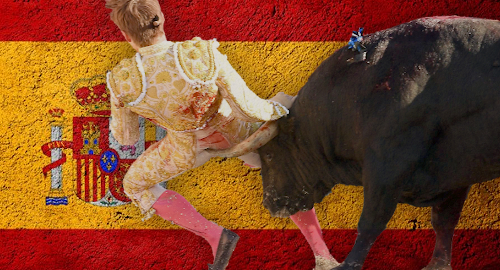
SPAIN
Spanish-licensed online operators spent most of the year trying – and ultimately failing – to dissuade their government from imposing strict new marketing limits, including restricting advertising to a four-hour window starting at 1am, with an outright ban on sponsorship of sports teams, leagues and venues.
Typically, the rules don’t apply to the state-run lottery operations, which are responsible for the bulk of gambling advertising spending. And the government closed out the year by opening a consultation on new responsible gambling rules that will almost certainly prove a further drag on operators’ performance in 2021.
GERMANY
German legislators finally reached consensus on plans for a new regulated online gambling market but operators’ joy turned to sorrow almost immediately as the fine print came into focus (including a last-minute plan to tax online slots turnover at 8%). But operators grudgingly filed their new license applications as Germany’s 16 state legislatures continued to ratify the new federal treaty.
The financial markets were shocked this summer when German payment processor Wirecard – on which many operators relied for their German-facing business – imploded after the company was caught hiding billions in losses. The fallout would have been much worse had Germany accepted Wirecard’s offer to handle all regulated market gambling payments as a means of ensuring proper monitoring for illegality.
OTHER MARKETS
While all markets suffered to some degree from COVID-19, Italy probably took the greatest hit as the scale of its initial wave forced the closure of its massive land-based gaming sector. Then Italy imposed a new 0.5% turnover tax on betting operators as a financial lifeline for sports bodies whose activity was halted by COVID-19.
The Netherlands continued to find new reasons to delay the launch of its new regulated market, while imposing a raft of fresh conditions on operators, including forcing them to purge their databases of customers acquired pre-regulation and extending the ‘time outs’ imposed on operators who refused to play by the pre-regulation rules.
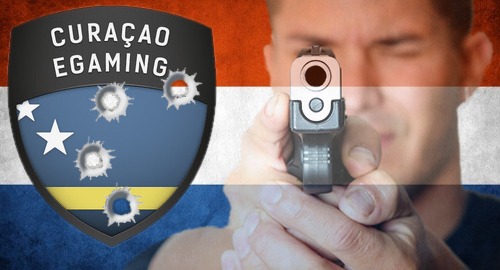
The Netherlands finally convinced Curacao to rein in its online gambling licensees, many of which had been spanked by the local gambling regulator for targeting Dutch punters without local permission. After years of ignoring such pleas, Curacao ultimately buckled when the Netherlands threatened to withhold pandemic financial aid.
Russia got tougher with its online betting operators, forcing them to disclose their ties to internationally licensed offshoots using the same brands. The crackdown got tougher as the year progressed, culminating in a vote for a top-to-bottom overhaul of the sector, including dramatically hiking contributions to sports bodies, establishing a new Unified Gambling Regulator and funnelling all online betting payments through a single processing hub.
Next door, Ukraine made up for its late-2019 stumbles by finally approving plans for land-based and online gambling liberalization, but while the government suggested in November that it would cut would-be licensees a break on license fees, questions regarding gambling taxation remain unanswered.
Bulgaria made headlines this year after the government laid corruption and bribery charges against Vasil Bozhkov, the country’s largest private gambling operator. Bozhkov was ultimately arrested in the United Arab Emirates and the government launched extradition proceedings while imposing a radical shakeup of gaming sector oversight.